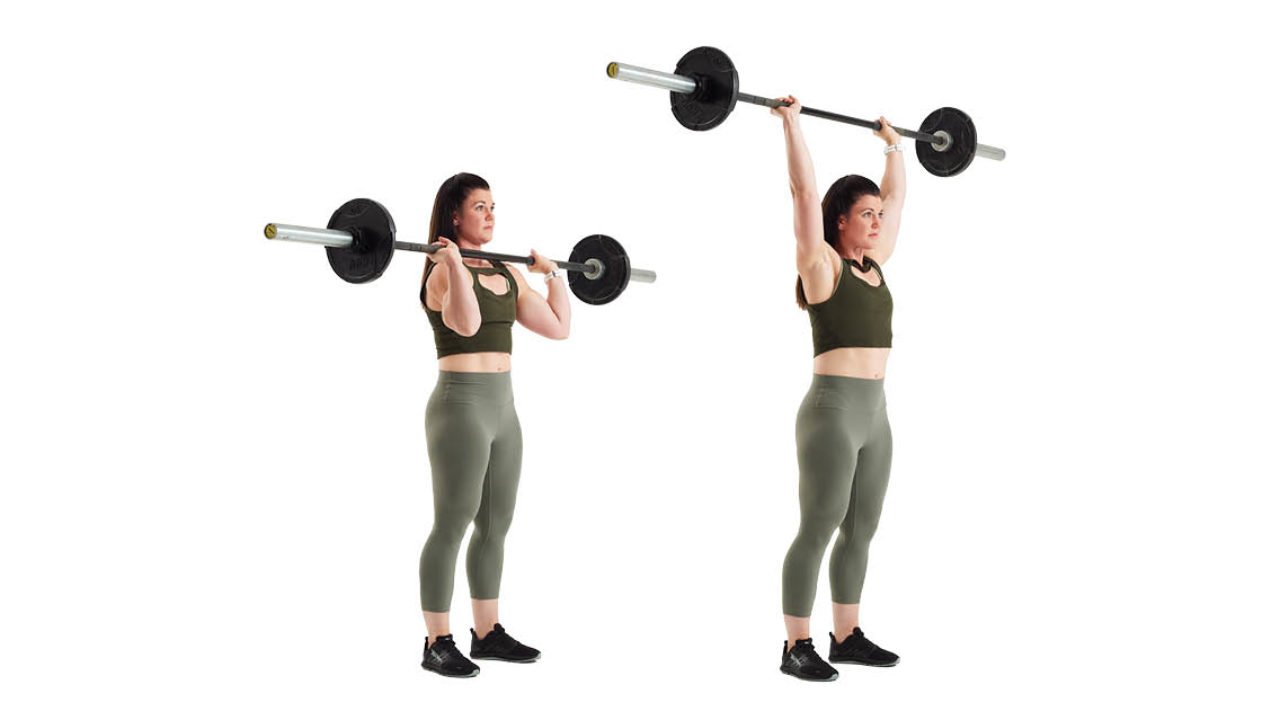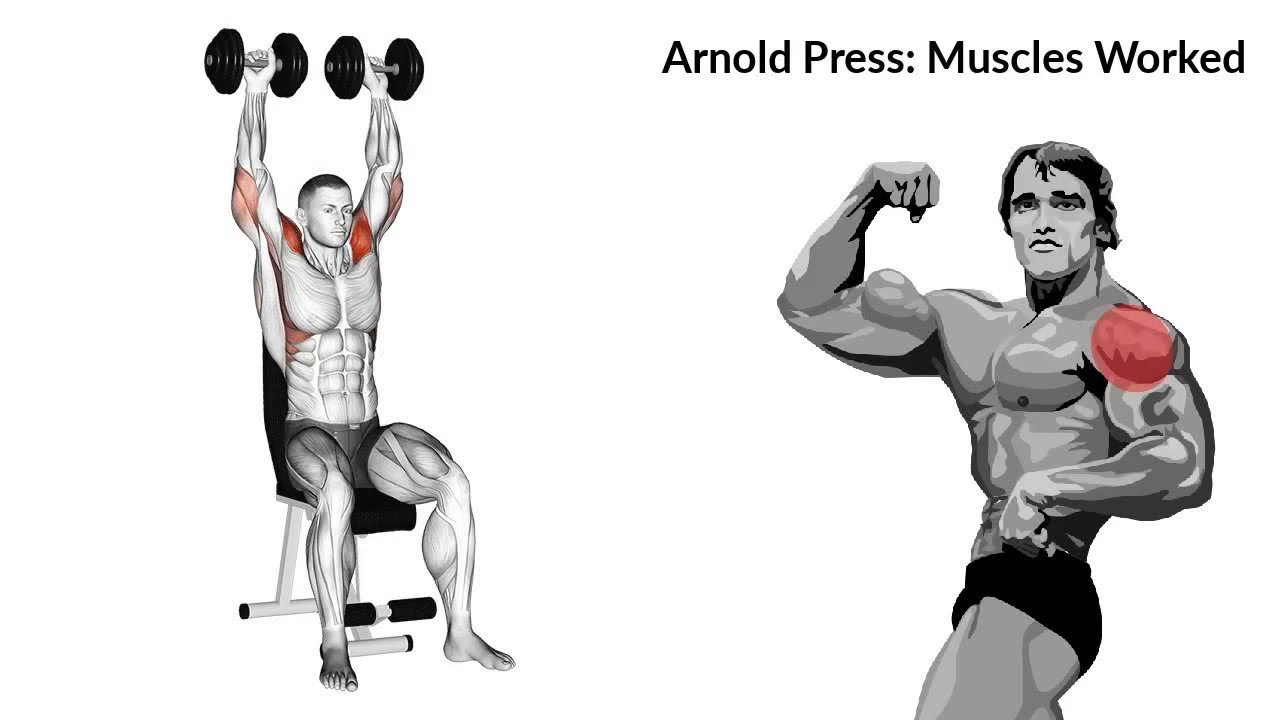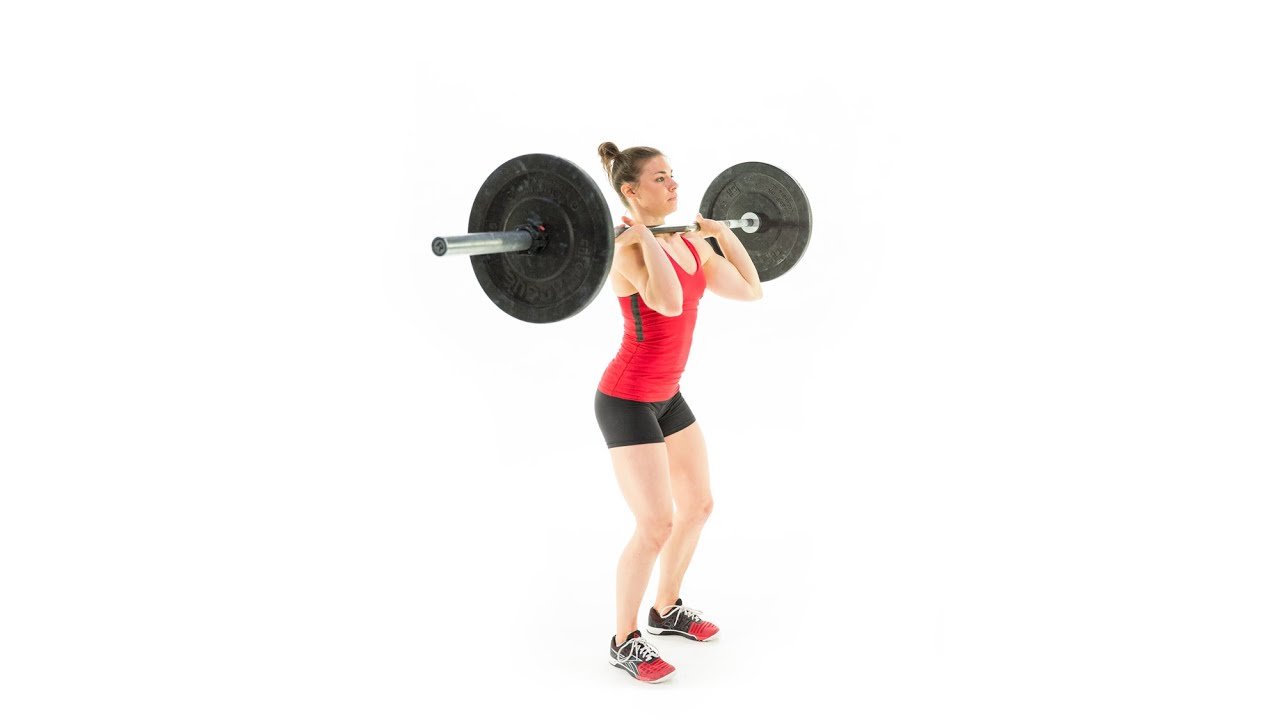Building solid and well-rounded shoulders requires attention to all three deltoid muscle groups: the anterior (front), lateral (side), and posterior (rear) delts. The front delts, especially, are essential in shoulder aesthetics and strength, contributing to the general look of large, adequate shoulders. This text will explore several front-duty physical activities, providing recommendations and techniques to maximize your profits.
Understanding the Front Delt Exercises
The front deltoids, or anterior delts, are positioned at the front of the shoulder. They are chargeable for shoulder flexion, raising your arm in front of your frame, and shoulder abduction and rotation. Strengthening those muscular tissues complements shoulder definition and improves standard higher-frame energy and stability.
The Importance of Front Delt Training
Neglecting the front delt exercises can cause muscular imbalances and increase the threat of injury. Balanced shoulder training ensures that all components of the deltoid muscle are similarly developed, leading to higher posture and overall performance in diverse sports, from lifting to sports.
Top Front Delt Exercises
Here are some of the only sports to target and construct your front delt exercises.
1. Barbell Shoulder Press
The barbell shoulder press is a compound workout that usually involves front delt exercises and engages the triceps and upper chest. It may be executed standing or seated.

How to do it:
Stand or sit collectively together with your feet shoulder-width apart.
Hold a barbell at the shoulder peak with an overhand grip.
Press the barbell overhead until your fingers are extended.
Lower the barbell lower back to the beginning role.
Tips:
Keep your center engaged to keep balance.
Avoid arching your lower back.
2. Dumbbell Front Raise
The dumbbell front increase is an isolation exercise mainly targeting the front delt exercises. It’s exquisite for adding volume and definition to shoulder muscle mass.
How to do it:
Stand with your toes shoulder-width apart, conserving a dumbbell in every hand.
With a moderate bend on your elbows, enhance the dumbbells in front of your shoulder top.
Lower the dumbbells lower back to the starting position.
Tips:
Lift the weights in a controlled way.
Avoid the usage of momentum to lift the weights.
3. Arnold Press
Named after Arnold Schwarzenegger, this shoulder press variant objectives all three heads of the deltoid muscle but places greater emphasis on the front delt exercises.

How to do it:
Sit on a bench with a back aid, protecting a dumbbell in every hand at the shoulder top, fingers dealing with you.
Press the dumbbells overhead while rotating your hands outward.
Reverse the motion to return to the starting position.
Tips:
Focus on a full range of motion.
Keep your movements controlled and steady.
4. Cable Front Raise
Using cables for front raises provides constant tension throughout the movement, which can be more effective for muscle growth.
How to do it:
Stand facing a cable machine with a low pulley.
Attach a single deal and keep it with one hand.
With a slight bend for your elbow, raise your arm in front of you to shoulder peak.
Lower the handle back to the starting position.
Tips:
Keep your shoulder blades retracted.
Avoid swinging your body.
5. Overhead Press
The overhead press is a flexible compound workout for the front delt exercises, triceps, and upper chest.
How to do it:
Stand with your feet shoulder-width apart, retaining a barbell at shoulder top.
Press the barbell overhead till your hands are fully prolonged.
Lower the barbell back to the beginning function.
Tips:
Engage your core throughout the movement.
Avoid leaning back excessively.
6. Push Press
The stimulus press is similar to the overhead press. However, it entails a moderate dip of the knees to generate momentum, permitting you to raise heavier weights.

How to do it:
Stand together with your feet shoulder-width apart, preserving a barbell at shoulder height.
Dip your knees slightly, then explosively press the barbell overhead.
Lower the barbell back to the starting position.
Tips:
Use your legs to help drive the weight up.
Keep your core tight.
7. Plate Front Raise
Using a weight plate instead, the plate front raise is an alternative to dumbbell front raises.
How to do it:
Stand with your feet shoulder-width separated, having a weight plate with both hands.
With a slight bend on your elbows, raise the plate before you to shoulder height.
Lower the plate back to the starting position.
Tips:
Lift the plate in a controlled manner.
Avoid using momentum.
8. Landmine Press
The landmine press is perfect for targeting the front delt exercises and enhancing shoulder stability.
How to do it:
Anchor one cease of a barbell in a landmine attachment.
Hold the opposite quit of the barbell with both arms at shoulder height.
Press the barbell overhead at a slight angle.
Lower the barbell back to the starting position.
Tips:
Keep your core engaged.
Focus on pressing the barbell in a controlled manner.
9. Upright Row
The upright row primarily targets the traps but also engages the front delt exercises.
How to do it:
Stand with your ground shoulder-width apart, holding a barbell with an overhand grip.
Lift the barbell to chest height, maintaining your elbows pointed outward.
Lower the barbell back to the starting function.
Tips:
Keep the barbell close to your body.
Avoid lifting your elbows higher than your shoulder height.
10. Z-Press
The Z-Press is a challenging variation of the shoulder press performed while seated on the floor.
How to do it:
Center on the floor with your legs extended and held a shoulder-high barbell.
Push the barbell overhead until your components are fully grown.
Lower the barbell back to the starting position.
Tips:
Engage your core to maintain balance.
Keep your movements controlled.
Optimizing Your Front Delt Exercises
To maximize the effectiveness of your front delt exercises, consider the following tips:
1. Progressive Overload
Gradually grow the burden or resistance to assign your muscle tissues continually. The innovative overload precept is critical to muscle growth and power profits.
2. Proper Form
Maintain proper form to prevent injury and effectively target the front delts. Avoid using excessive weight that compromises your form.
3. Sufficient Rest
Allow good enough relaxation between units and exercises to ensure muscle healing and increase. For hypertrophy schooling, 1-2 minutes of rest among units is usually encouraged.
4. Balanced Training
To ensure balanced shoulder development, include sports concentrated on all three deltoid muscle heads. Neglecting any part of the shoulder can cause imbalances and increase the risk of damage.
Conclusion
Incorporating those front-dye physical activities into your exercise routine will allow you to build strong, nicely rounded-shoulders. Remember to be aware of the proper shape, gradually increase the burden, and stabilize your training to reap high-quality consequences. Muscular front delt exercises enhance your shoulder aesthetics and improve normal strength and stability.

